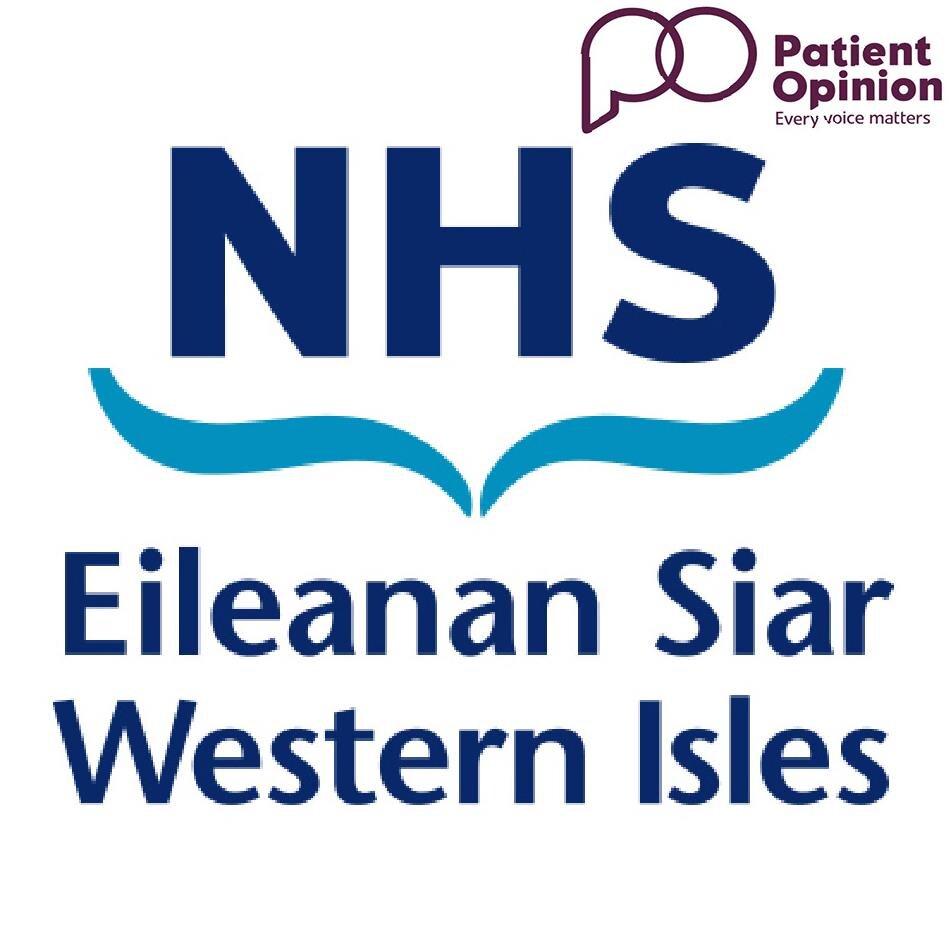An island health board has been told to apologise to a patient after she had a rectal examination without her consent.
The woman, who was under anaesthetic, only found out about the procedure when she received a copy of her medical records.
Watchdog, the Scottish Public Services Ombudsman (SPSO), found that in the patient’s case, such an examination was not routine practice.
It also criticised the health board’s handling of the patient’s concerns.
The SPSO said NHS Western Isles should have investigated and responded to her complaint in line with its complaints handling procedure.
The watchdog has made a number of recommendations, including raising awareness among clinical staff of Royal College of Obstetricians and Gynaecologists guidance on obtaining valid consent.
Also, that complaints handling staff should be aware of the health board’s complaints handling procedure and how to recognise a complaint.
“A firm of solicitors (Firm C), raised a complaint on behalf of their client (Mrs A) that, during an examination under anaesthetic, a consultant had carried out a rectal examination without her knowledge or consent,” saidthe report.
“She only found out about this when she received a copy of her medical records. When Firm C raised concerns about this with the board, they passed the correspondence to the consultant (who no longer worked for the board), who responded to Mrs A directly. The board subsequently accepted the consultant’s response as their response to the complaint and did not investigate the complaint through their complaints handling procedure.
“We took independent advice from a consultant in obstetrics and gynaecology. We found that it was not routine practice to perform a rectal examination as part of the examination Mrs A was having conducted.
“The Royal College of Obstetricians and Gynaecologists guidance on obtaining valid consent states that procedures should not fall outwith that which the patient consented to, unless there is an unanticipated emergency.
“We found that Mrs A should have been aware that a rectal examination was a possibility prior to the procedure and consented as such. In the absence of consent, it was not reasonable for a rectal examination to be carried out. We upheld the complaint.
“We also had concerns about the way in which Firm C’s concerns had been handled. Firm C had clearly raised a complaint and our view was that the board should have investigated and responded to this in line with their complaints handling procedure. We made recommendations regarding this.
“We have asked the organisation to provide us with evidence that they have implemented the recommendations we have made on this case by the deadline we set.”
In a statement, NHS Western Isles said it continually worked to raise the standard of care and services it provided to patients, and took all opportunities to learn and improve.
It added: “We accept and implement the recommendations made by the Scottish Public Services Ombudsman.”
